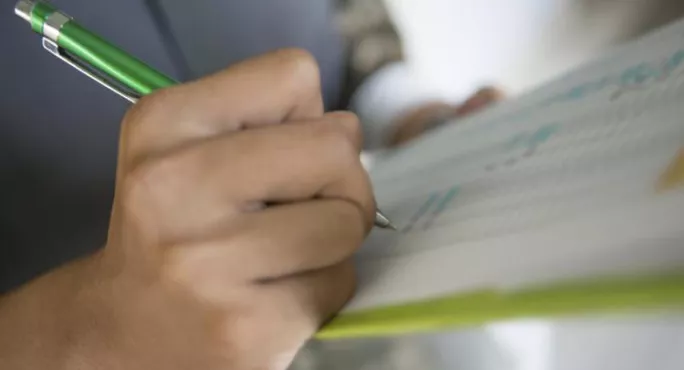Boris Johnson has been called upon to allow partial school closures in the city of Hull where Covid-19 infection rates are the highest in the country and have risen at an “astonishing and terrifying” rate.
The prime minister has said it is a priority to keep schools open during the latest lockdown, but the leader of Hull City Council, Stephen Brady, has now called on him in a letter to allow “more local freedom and flexibility” in restrictions around schools.
Last week, Hull’s public health chief said schools in the city were “straining to stay open” because of the rising number of teachers with Covid or self-isolating.
And Hull City Council has now called for schools to be able to “prioritise attendance” for vulnerable children and those of key workers, whilst continuing to provide education for others through blended learning.
Coronavirus: Close schools for four weeks to stop Covid, say teachers
Latest data: ‘Steep’ rise in Covid among secondary school students
Independent SAGE: Experts call for students to wear masks in classrooms
Cllr Brady’s letter states: “The infection rates in our city have increased at a, frankly, astonishing and terrifying rate over the last few weeks. As I write, it is 732 per 100,000.*”
He adds: “We have done extremely well working with our schools to keep them open and keep children at school but we need national support to flex the approach we are taking.”
Hull City Council today said a total of 56 out of the city’s 97 schools have sent home at least one year-group bubble since the start of the latest lockdown on 5 November.
And shadow education minister and Hull MP Emma Hardy told Tes that none of the schools in Hull is currently “fully operational”.
She said: “The DfE wants schools to stay open, we want schools to stay open, but they’ve got to recognise that the schools aren’t fully open in Hull at the moment. They’re not. They’re already working some kind of rota system because they haven’t got enough staff. That’s the reality. That’s what’s happening right here and now.”
In a statement to Tes, a Hull City council spokesperson said: “We would welcome flexibility from the government to be able to manage schools locally, based on the local situation, and based on individual schools’ staffing capacity and home learning provision.
“The Learning Partnership, local authority, schools and multi-academy trusts would like to be able to prioritise attendance in schools for vulnerable children and children of key workers, whilst continuing to provide education for all children through a blend of learning in school and through home and online learning.”
Meanwhile, Ms Hardy and the two other Hull MPs have written to health secretary Matt Hancock requesting that “the situation with laptops and internet access for pupils who are not able to be in school is revisited by the government and additional capacity is provided as a matter of urgency for children in Hull”.
The letter adds: “You will be aware of concerns that children from disadvantaged communities are falling further behind in their education and this has to be addressed alongside any decision to grant flexibility around school closures.”
*The national average today stands at 225.5 according to official government data.
The Department for Education says its regional teams are in regular contact with Hull City Council and the Hull Learning Partnership
A DfE spokesperson said: “The Government made it a national priority to open all nurseries, schools, colleges and universities to all pupils and students because of the clear benefits to children’s and young people’s education and wellbeing.
“The Chief and Deputy Chief Medical Officers have been clear the balance of evidence is firmly in favour of schools remaining open, and have highlighted the damage caused by not being in education to children’s learning, development and mental health.”





